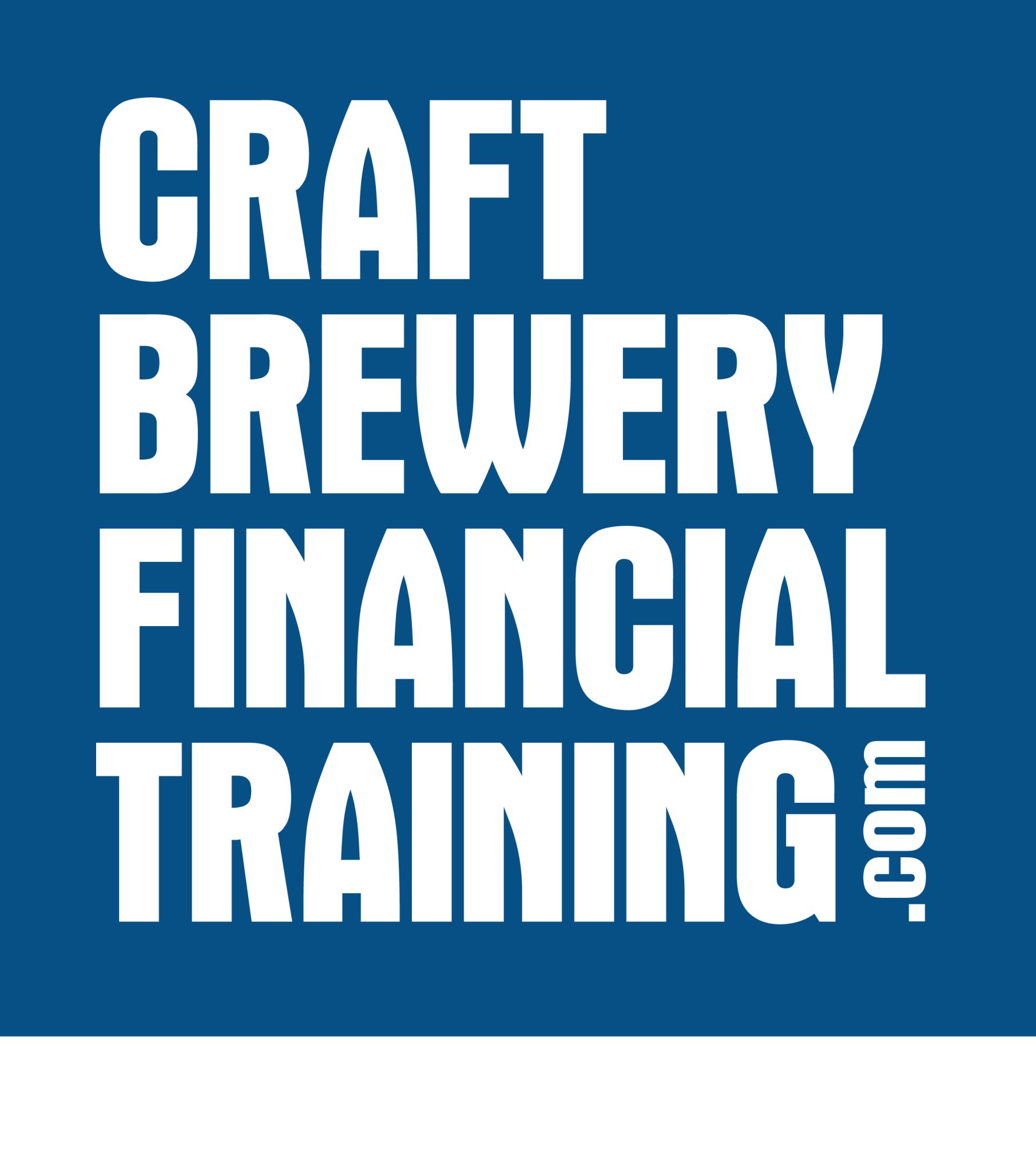Let’s ring in the New Year of 2021 with three financial best practices for your beer business.
These ideas will help you tidy up your financial statements, build a solid financial game plan for 2021, and stay in compliance with a pesky tax rule.
- Do a Financial Statement Scrub to Kick off 2021 with Clean Numbers
- Use this One-Page Financial Planner
- How to Avoid this Tax Trap
How to Start 2021 with Clean Financial Numbers
Each new year, your income statement resets to zero. All of the sales and expense items are combined into one net income (or loss) number. This number is then sent over to the balance sheet and becomes retained earnings.
It’s a magical time for the income statement. A fresh, new beginning.
However, the balance sheet never resets or starts over. Year after year, the balance sheet records distributor assets, liabilities and retained earnings. While the income statement starts the new year with a clean slate, the balance sheet carries forward all the old numbers.
Sometimes, mistakes creep into those old numbers. Therefore, it’s important to make sure your balance sheet numbers are clean (and correct) heading into the new year.
To scrub your balance sheet, and check for accuracy, follow these steps:
- Print out your balance sheet as of 12/31/2020
- Scan through the assets, liabilities and equity and determine if there are any obvious errors (assets that were disposed of long ago, for example)
- Substantiate any material amounts on the balance sheet
- Translation: Verify that the big numbers are correct by gathering supporting documentation.
- For example, your reconciled bank statement should agree to the cash total on your balance sheet. Your detailed accounts receivable listing should agree to the A/R balance on the balance sheet. Your detailed inventory register should agree to the inventory amount on the balance sheet.
- Repeat the above process for all the big numbers on your balance sheet
Clean numbers are good. Try this process so that you have accurate financial information for the New Year.
The One-Page Financial Planner
I like instructions that fit on one page. I have a short attention span and appreciate short bits of useful information. Maybe you do, too.
With that in mind, here’s the One Page Financial Planner. It is short and to the point.
Avoid this Tax Trap
The general tax rule is that if you pay a vendor $600 or more you need to issue them a 1099. If you don’t follow this general rule things can get specifically expensive with fines and penalties.
The IRS wants to know who you paid money to so that they can make sure that person or company is properly reporting the income. For example, if you hire a landscaper and pay them $600 over the course of the year, the IRS wants to know about it.
To avoid this tax trap have that landscaper fill out a W-9 form. This way you can send them a 1099 at year end and make the IRS happy.
Disclaimer: Since we’re talking taxes…We do not provide tax, legal or accounting advice. This material has been prepared for informational purposes only, and is not intended to provide, and should not be relied on for, tax, legal or accounting advice. You should consult your own tax, legal and accounting advisors before engaging in any transaction.
Wrap Up + Action Items
Ring in the New Year with these three Financial Best Practices. You’ll start off with clean numbers, a solid financial plan and avoid the wrath of the tax man.
Yours in Financial Best Practices,
Kary




Comments are closed